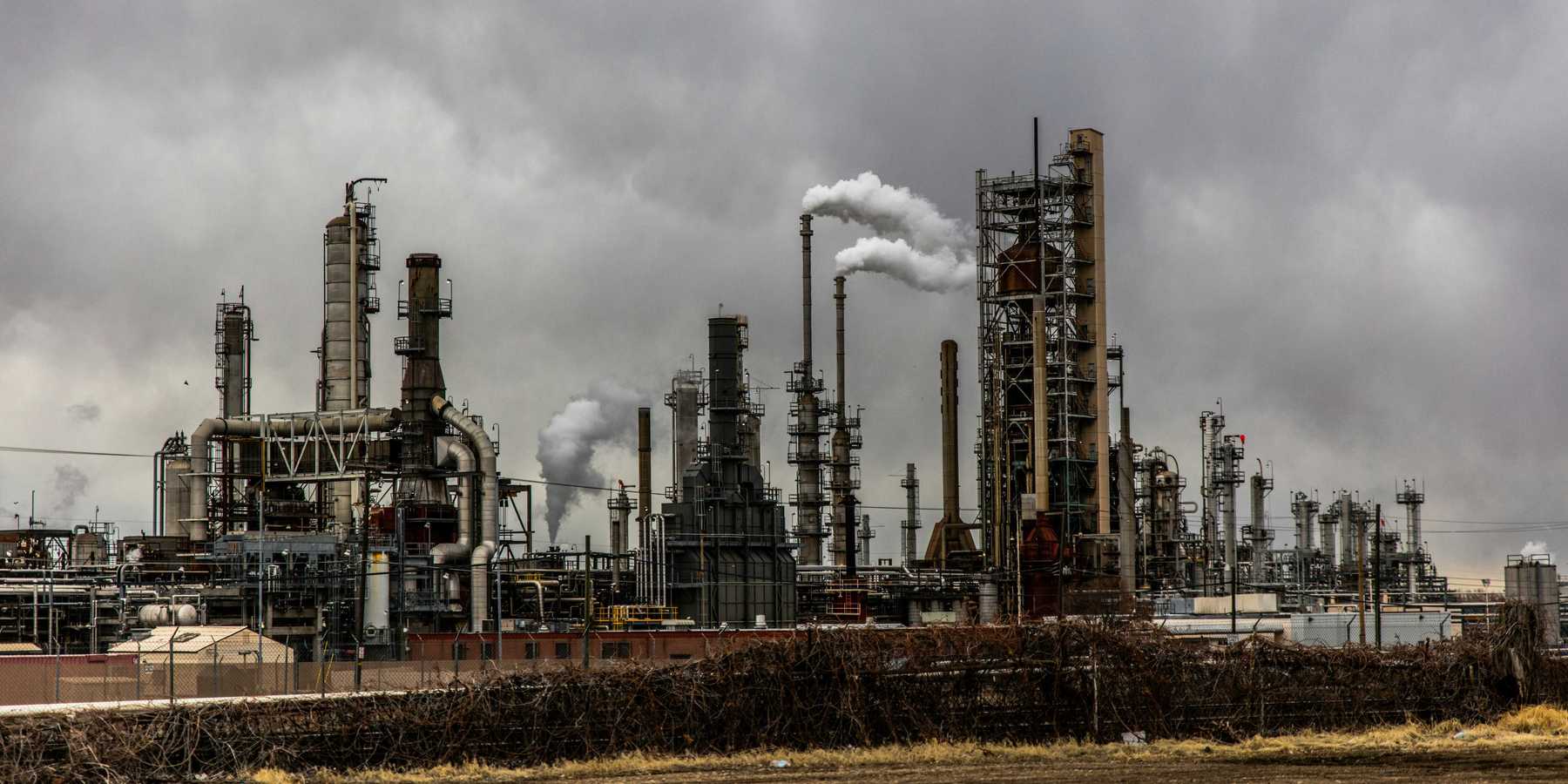Recycling critical metals from electronics could ease mining impacts
Recycling e-waste offers a vital alternative to mining for metals needed for green technologies, reducing environmental damage.
Maddie Stone reports for Grist.
In short:
- The latest Global E-Waste Monitor highlights the vast quantities of metals like copper and aluminum in discarded electronics, with only a fraction currently recycled.
- Essential for low-carbon technologies, these metals could significantly offset the demand currently met through environmentally damaging mining.
- Improved recycling technologies and policies are crucial for increasing the recovery of rare and valuable metals from e-waste.
Key quote:
“There is very little reporting on the recovery of metals [from e-waste] globally. We felt that it was our duty to get more facts on the table.”
— Kees Baldé, lead report author
Why this matters:
Metals like copper and aluminum, when improperly disposed of, can leach into soil and water, potentially harming wildlife and impacting human health through the food and water supply. Recycling e-waste can mitigate these risks. By recovering metals like copper and aluminum from old electronics, we not only reduce the environmental harm but also decrease the need to extract raw materials, which often involves ecologically and socially harmful mining practices.
In 2021, electronic waste from outweighed the Great Wall of China.













